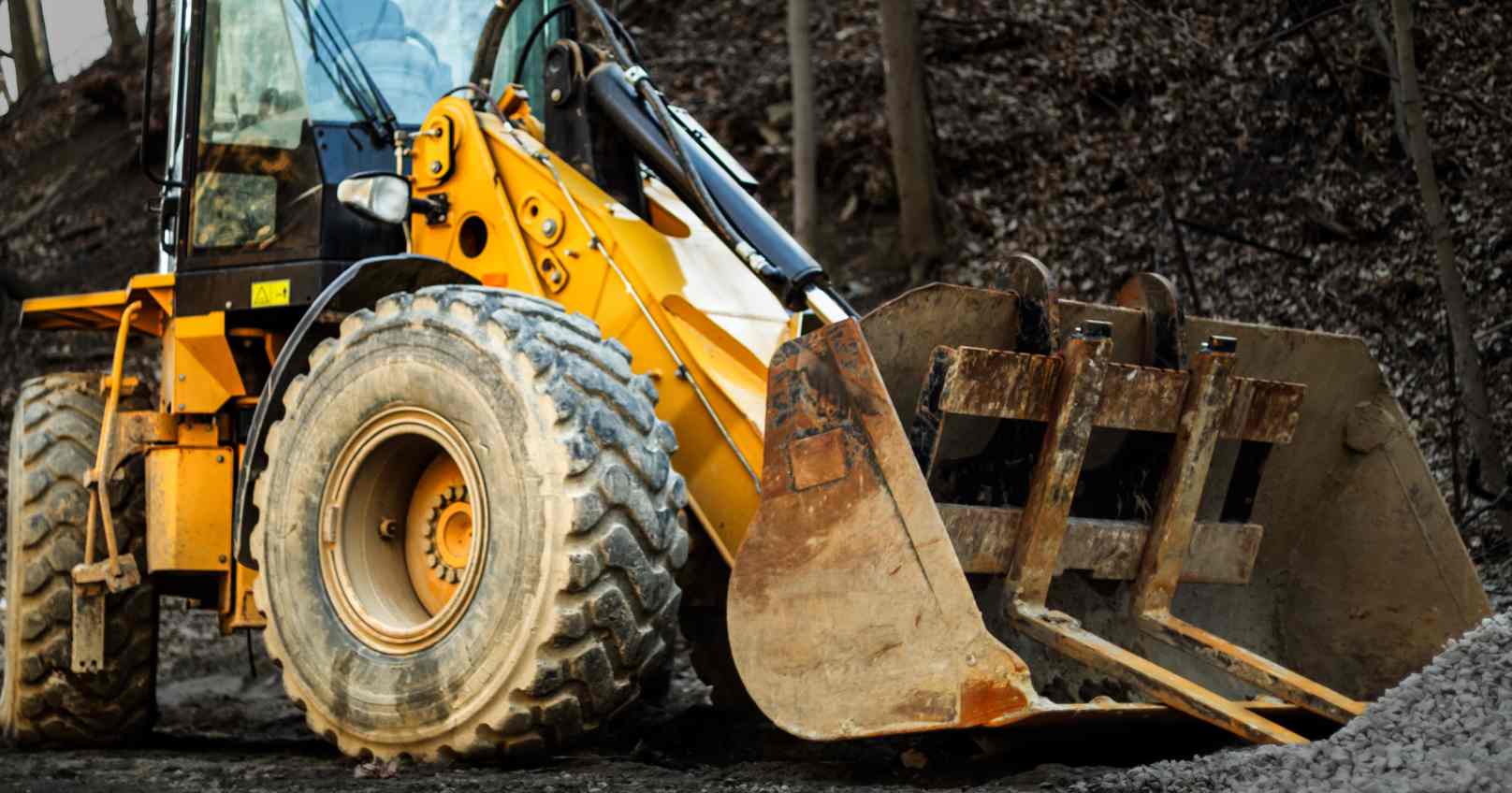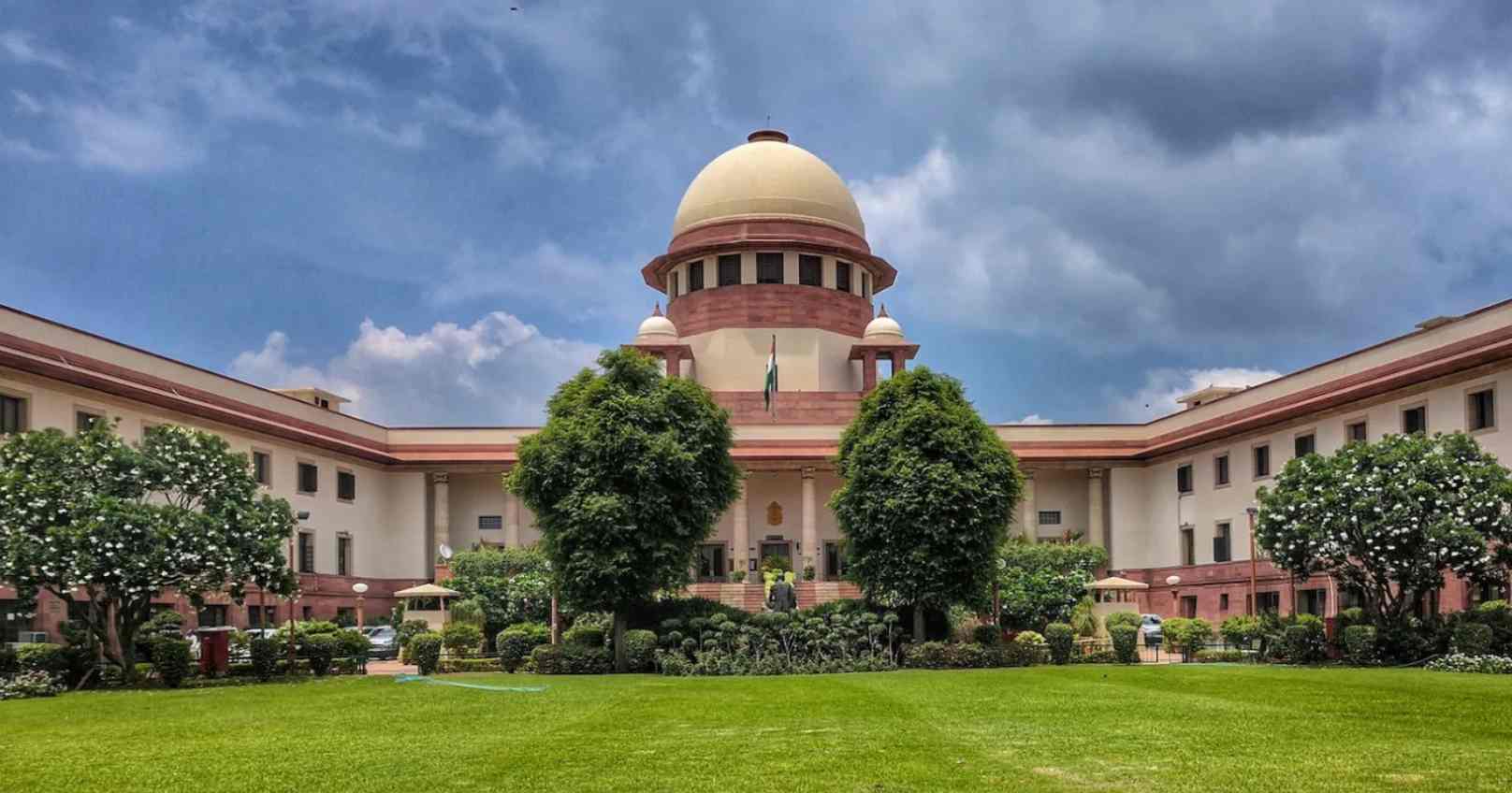The Supreme Court of India asserted on Tuesday that public safety is of utmost importance and mandated the removal of any religious structures, whether temples or dargahs, that encroach upon roads or railway tracks. The court was addressing petitions contesting the use of bulldozers against individuals accused of crimes and extended its interim order preventing demolitions nationwide without prior judicial consent.
The bench, consisting of Justices BR Gavai and KV Viswanathan, emphasized the secular nature of India, stating that their directives regarding bulldozer actions and anti-encroachment measures would apply equally to all religions. They reserved judgment on the matter.
"We are a secular country, and our directives will apply to all, irrespective of religion or community. Any religious structure obstructing public spaces, whether a gurdwara, dargah, or temple, must be removed," the judges stated.
The court also proposed the digitization of notices and orders related to demolitions, suggesting that they be uploaded to an online portal for enhanced transparency.
Previously, on September 17, the Supreme Court had prohibited demolitions across the country until October 1, except in cases of encroachments on public roads, footpaths, railway lines, or water bodies.
Judicial Oversight on Demolition Actions
During the hearing, the court queried Solicitor General Tushar Mehta, representing the governments of Uttar Pradesh, Gujarat, and Madhya Pradesh, regarding whether being an accused in a criminal case could justify bulldozer action.
"No, absolutely not, even for serious crimes like rape or terrorism. As my lord pointed out, notices cannot be issued the day before demolitions; they must be provided in advance," Mehta responded.
The Supreme Court found it concerning when certain illegal constructions were selectively demolished, particularly when the owner had a criminal background. Justice Viswanathan remarked, "If two structures violate the law and action is taken against only one, with a criminal offence in the background, what then? We need some judicial oversight."
Justice Gavai added, "For unauthorized constructions, there should be uniform laws that do not depend on community affiliations."
However, the Solicitor General contended that the petitioners' claims regarding the use of demolitions as punishment accounted for less than 2% of all demolitions carried out in the country.
In reserving its order, the Supreme Court indicated that a reasonable timeframe should be provided between the final demolition order and its execution to allow affected individuals to make alternative arrangements.







